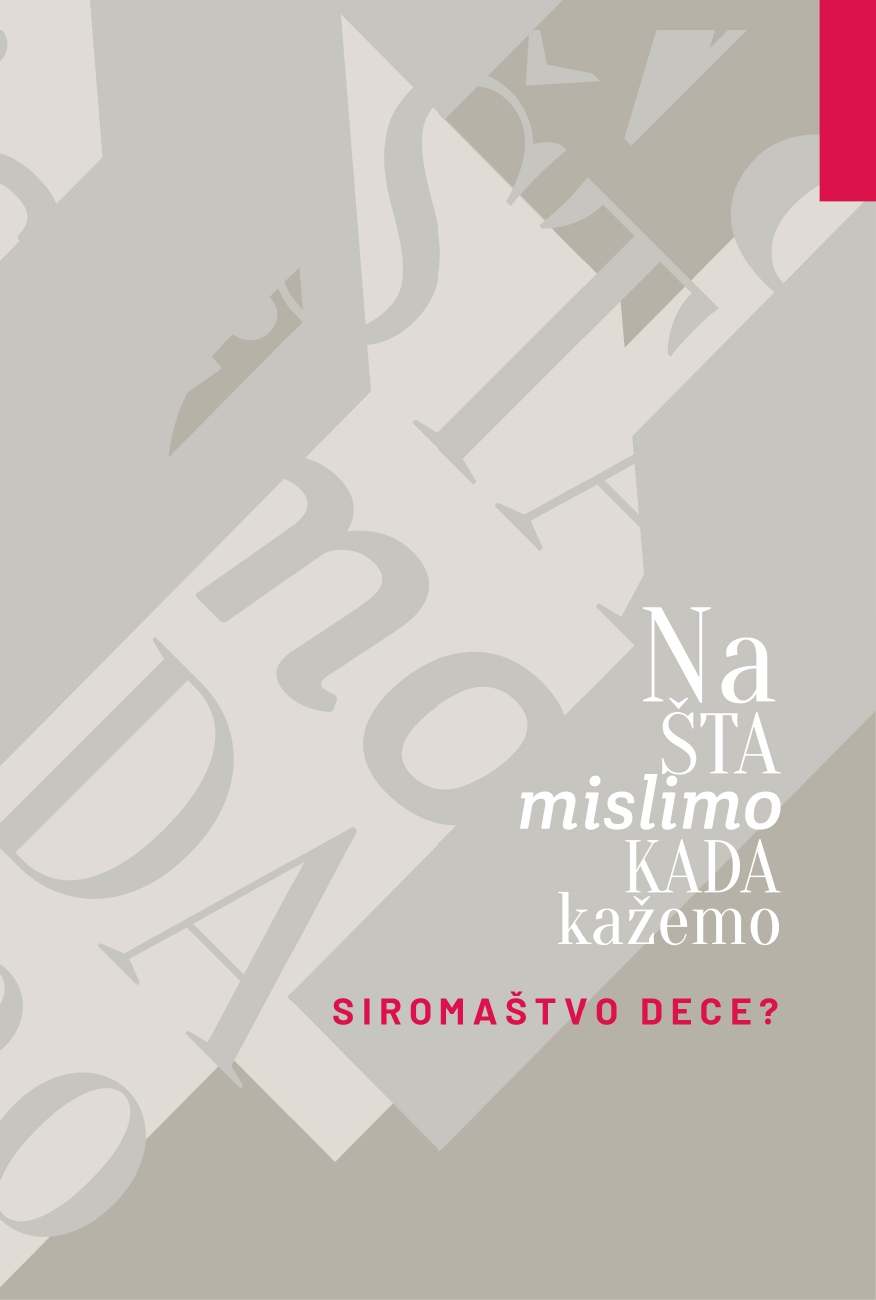
What We Mean when We Say … Child Poverty?
Author(s)/Editors Jelena Žarković, Aleksandra Anić Publisher Institute for Philosophy and Social Theory, University of Belgrade Institute for Democratic Engagement Southeast Europe, Belgrade Published 2022 ISBN 978-86-80484-96-9 Pages 12 Edition SquareThe aim of this publication is to present to a wider audience why the struggle against child poverty is important for a society. This topic is insufficiently discussed in public, yet it should be a priority for any country. Poverty is hereditary in the sense that children born into poverty have a high likelihood of raising their children in similar conditions. In order to break this cycle, countries should make socio-economic policy to try to reduce the number of children who grow up in poverty. First of all, it is necessary to ensure that children from poorer families have the same chances for quality education that will enable them to achieve the same results as children from rich families. Children from families of lower socio-economic status are much more often functionally illiterate and behind their peers from more affluent families by as much as two school years, according to the results of international testing. No investment offers greater returns for a given country than investing in children. Children who are not materially deprived, who have adequate healthcare and good education are the future productive base of any society, and will contribute to the long-term progress of any country.
